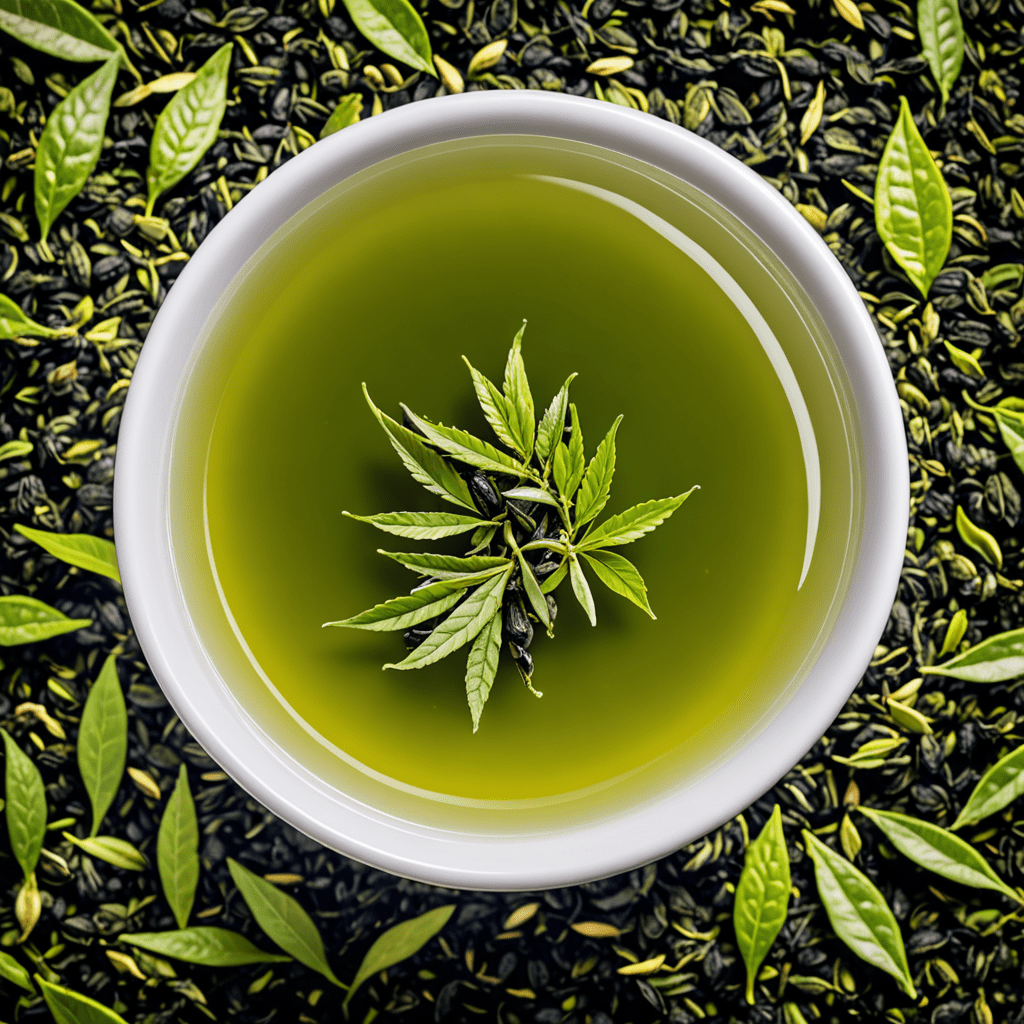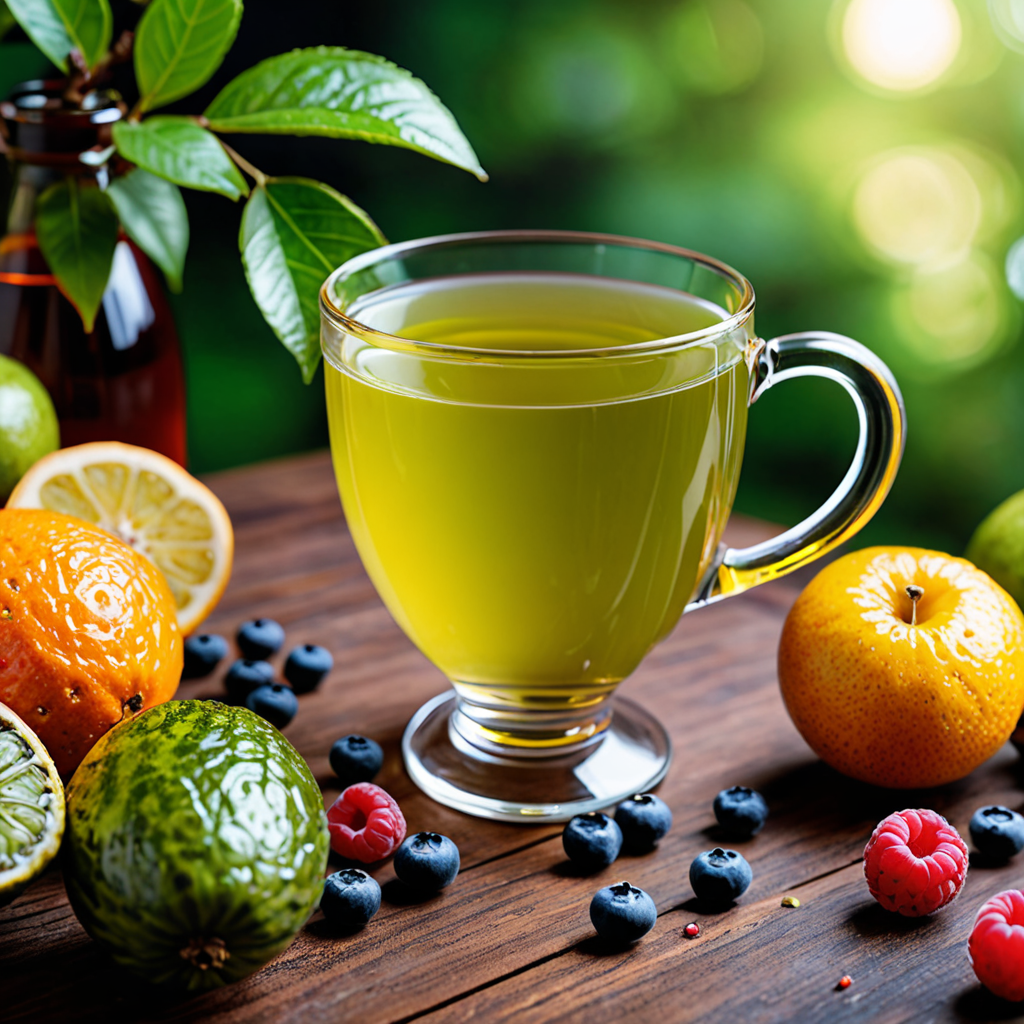
1. Introduction to Assam Tea
Assam tea, a symbol of excellence in the tea world, originates from the verdant northeastern state of Assam, India. Known for its rich, malty taste and invigorating aroma, Assam tea has gained global recognition and popularity. The tea industry in Assam has a rich history, steeped in tradition and innovation, making it an integral part of the region's cultural identity.
2. History and Origins of Assam Tea
The discovery of Assam tea dates back to the 19th century when British tea planters stumbled upon wild tea plants growing abundantly in the Assam region. Recognizing the potential, they began cultivating and processing the leaves, giving birth to the Assam tea industry. Over the years, Assam tea gained prominence in the global market and became synonymous with high-quality, robust tea experiences.
3. Climate and Soil of Assam: Ideal for Tea Cultivation
Assam's unique climate and soil conditions play a crucial role in the exceptional quality of its tea. The region experiences ample rainfall, warm temperatures, and high humidity, creating an ideal environment for tea bushes to thrive. The alluvial soil, rich in minerals and organic matter, provides the perfect foundation for tea plants to flourish and develop their characteristic flavor profile.
4. Traditional Techniques of Assam Tea Crafting
Assam tea is renowned for its traditional crafting techniques that have been passed down through generations. The process begins with the careful selection of tea leaves, ensuring only the finest are used. The leaves are then withered, rolled, and fermented, allowing the natural flavors and aromas to develop. Finally, the tea is dried and graded, resulting in the distinctive, full-bodied Assam tea.
5. Unique Characteristics of Assam Tea: Malty and Robust
Assam tea is characterized by its robust, malty flavor and deep amber color. The high caffeine content gives it an invigorating effect, making it a popular choice for a morning brew. Assam tea's rich taste and strong aroma stand out, whether enjoyed on its own or blended with other teas. Its bold flavor profile makes it an excellent accompaniment to milk and sugar, creating a delightful and comforting beverage.
6. Processing Methods: From Leaf to Cup
The processing methods employed in Assam tea crafting play a vital role in determining its unique flavor and aroma. After harvesting, the tea leaves undergo a series of steps, including withering, rolling, fermentation, and drying. Withering reduces moisture content, while rolling breaks down the leaf structure and releases essential oils. Fermentation, a crucial step, allows the leaves to develop their characteristic flavor compounds. Finally, drying halts fermentation and stabilizes the tea.
7. Blending and Flavouring: Enhancing the Tea Experience
Assam tea is often blended with other teas to create unique flavor profiles that cater to diverse preferences. Blending can involve combining Assam tea with teas from different regions, such as Darjeeling or Nilgiri, or adding aromatic herbs and spices like cardamom or cinnamon. Flavoured Assam teas are also popular, with additions like bergamot or lemon creating refreshing and invigorating variations.
8. Health Benefits of Assam Tea: Antioxidants and Digestion
Beyond its delightful taste, Assam tea offers a range of health benefits. It contains antioxidants that protect against cell damage and reduce the risk of chronic diseases. Assam tea is also known to aid digestion, improve heart health, and boost the immune system. Its high caffeine content can provide an energy boost and enhance cognitive function.
9. Cultural Significance of Assam Tea: A Part of Assamese Identity
Assam tea holds immense cultural significance in the region and is deeply interwoven with the Assamese way of life. Tea gardens, sprawling across vast landscapes, are iconic symbols of Assam. Tea festivals and events celebrate the region's tea heritage and promote its unique flavours. Assam tea is an integral part of Assamese cuisine, often enjoyed with traditional snacks like pitha and laru.
10. Sustainability in Assam Tea Industry: Ethical and Environmental Practices
The Assam tea industry recognizes the importance of sustainability and ethical practices. Many tea gardens have adopted sustainable farming methods, such as organic cultivation and water conservation techniques. Fair trade initiatives ensure that tea workers receive fair wages and working conditions. By embracing sustainability, the Assam tea industry preserves the environment and supports local communities, ensuring its longevity for generations to come.
FAQs
What is the difference between Assam tea and other black teas?
Assam tea is known for its robust, malty flavour and deep amber colour, which distinguish it from other black teas.
How do I brew the perfect cup of Assam tea?
Use fresh, cold water and add one teaspoon of Assam tea leaves to a cup. Steep for 3-5 minutes, depending on desired strength.
What are the health benefits of Assam tea?
Assam tea contains antioxidants and has been shown to aid digestion, improve heart health, and boost the immune system.
How is Assam tea blended?
Assam tea is often blended with other teas from different regions or with aromatic herbs and spices to create unique flavour profiles.
What is the cultural significance of Assam tea?
Assam tea is deeply interwoven with the Assamese way of life, with tea gardens being iconic symbols of the region and tea festivals celebrating its heritage.

